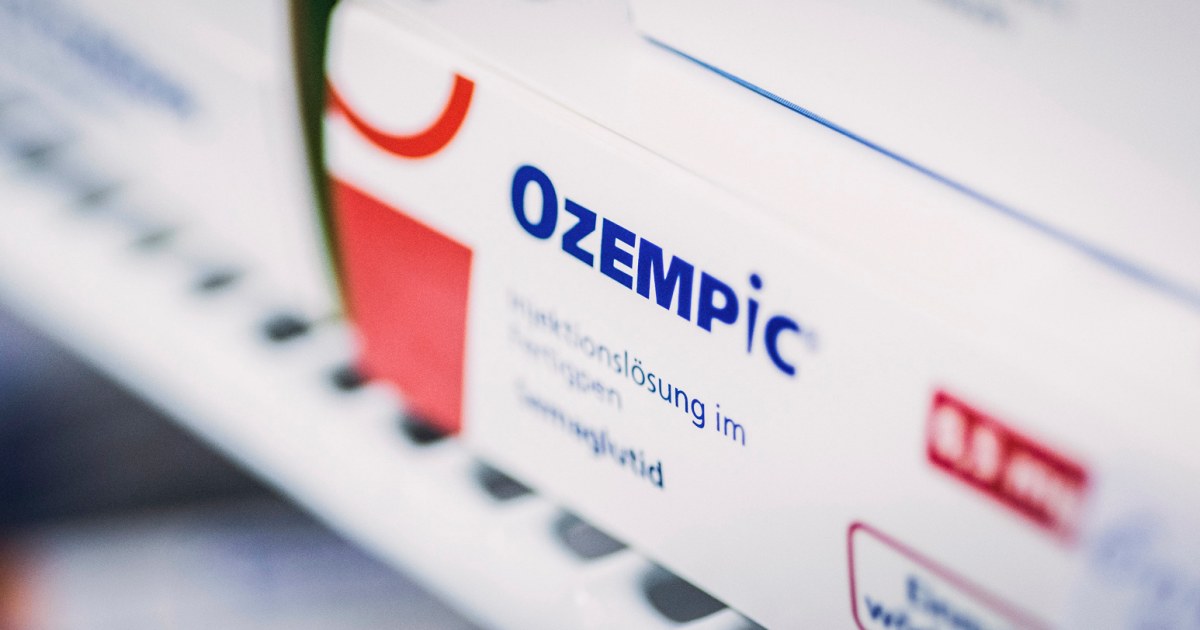The Food and Drug Administration on Thursday warned consumers not to use counterfeit versions of Novo Nordisk’s diabetes drug Ozempic that have been found in the country’s drug supply chain.
The FDA said it will continue to investigate counterfeit Ozempic 1 milligram injections and has seized thousands of units, but flagged that some may still be available for purchase.
Danish drugmaker Novo Nordisk and the FDA are testing the seized products and do not yet have information about the drugs’ identity, quality or safety, the agency said.
Novo said the seizures took place in warehouses outside the company’s authorized supply chain.
The agency said the needles from the seized injections are counterfeit and their sterility cannot be confirmed, which presents an additional risk of infection for patients.
Other confirmed counterfeit components from the seized products include the pen label and accompanying information about the healthcare professional and patient, as well as the carton.
More on weight-loss drugs
The FDA urged drug distributors, retail pharmacies, healthcare practitioners and patients to check the drug they have received and to not distribute, use or sell the units labeled with lot number NAR0074 and serial number 430834149057.
People who have Ozempic injections with the above lot number and serial number can report it directly to the FDA Office of Criminal Investigations.
The regulator said it was aware of five adverse events resulting from use of the drug belonging to this lot, but all of them were consistent with known side-effects related to authentic Ozempic.
Demand for Wegovy and Ozempic is exceeding Novo’s supply of the drugs in the United States, Germany and Britain, leading the company to restrict supplies of certain doses of Wegovy to the U.S. market.
Though only Wegovy is approved for obesity, its diabetes counterpart Ozempic also leads to dramatic weight loss, which has led people in the United States and Europe to use the drug “off-label,” meaning not for its approved use.
